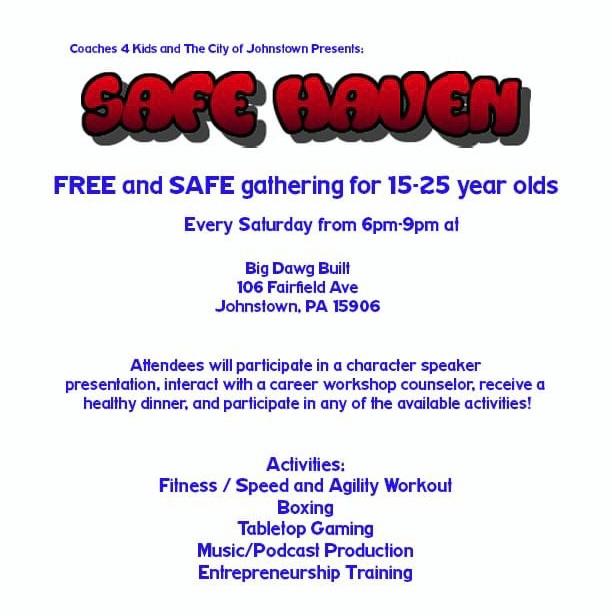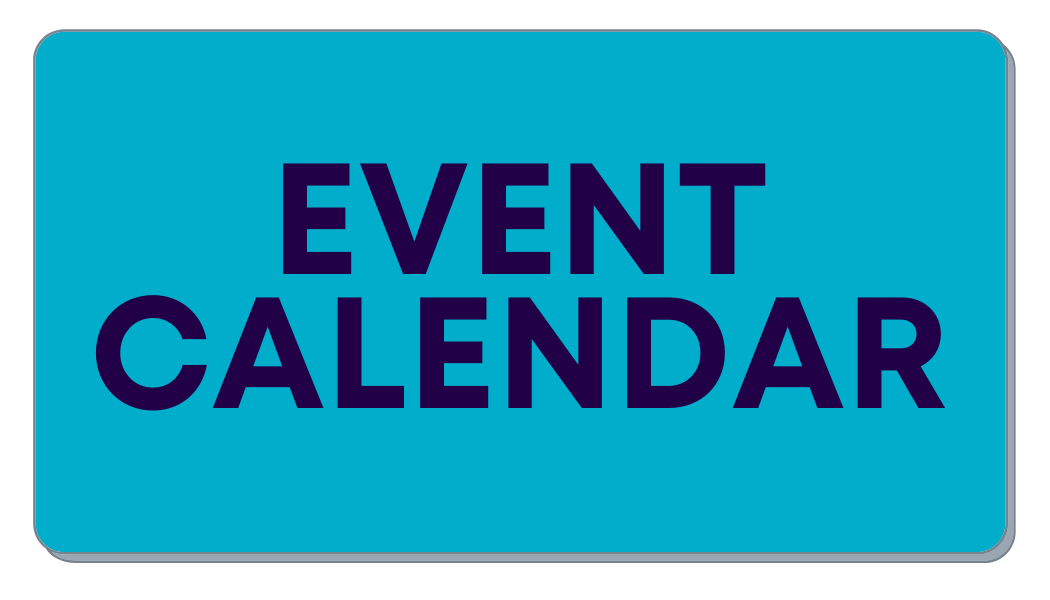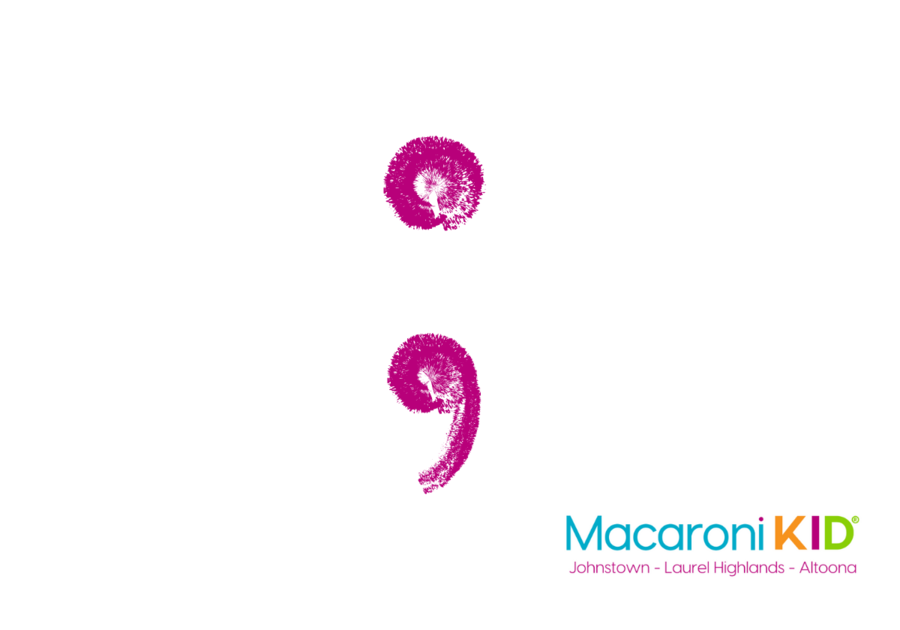How often do you look at your teen or another child and remember care-free days living your best life? How often do you remember the anxiety, depression, feelings of not fitting in or feeling out of place and loneliness? Adults sometimes forget that teens and children may not have to pay bills or worry about "adult" things, but often they are dealing with emotions that their developing brains are not ready to handle on their own. Having a safe space, whether that's with you or another trusted adult, is vital to being able to talk through their emotions and what they are going through on a day-to-day basis. With Substance Use Disorders continuing to rise, many children may be struggling with situations at home that full-grown adults are often times at a loss as to how to handle.
Have you checked-in on the mental health of your child or a child that you care about? Have you asked them how they're coping with the craziness of the world around them? How do they feel about the uncertainties of their future? How are they handling growing up and their bodies changing? Are they aware of anonymous hotlines where they can talk without fear of judgement of retaliation? Have you done a check-in with them? Now is your time to start, and we've listed a few resources for you to share with them below.
While some resources are local, there are many that are national/international and can refer you to the local resources that you may not even know about. Please print out our Mental Health Resources printable and hang in a location in your home that allows everyone to have quick and easy access to the information. In the event of a mental health emergency, please call 9-1-1 or go to your local emergency department for immediate assistance. Project Semicolon has become an anti-suicide movement and a way for people to show support those dealing with mental health and suicide. The semicolon itself is used to link two thoughts together in writing. Project Semicolon explains it as "when an author could've chosen to end their sentence, but chose not to. The author is you and the sentence is your life." This led to the slogan "Your Story Isn't Over" for the group. During Teen Mental Wellness Day, Suicide Prevention Month and more, you'll likely see teens walking
Another group called The IGY6; Foundation was created by combat veterans in support of veterans and first responders to advocate for suicide prevention and awareness. They also have a trademark tattoo of IGY6; where they have the semicolon colored in teal to stand for PTSD awareness.
Teens are dealing with more stress than ever after the uncertainty of the pandemic, how they would complete school and now a war in the Ukraine. Now is the time to start talking with you kids, if you haven't already. Destigmatizing mental health is huge in making sure that those that need help are willing to ask for it without the fear of being pegged as crazy.
Mental health has been around for ages; it's not a new issue. The way we talk about and treat mental health has changed drastically, from being seen as supernatural or needing to be cleansed by the church, to a now science based regimen of counseling, therapy, medication and other alternative treatments.
As of 2021, statistics show that one in seven 10-19-year-olds experience some kind of mental health disorder, roughly 16% of the global age group. Every year increases the number of teenagers worldwide, with no signs of slowing down. The statistic I found most intriguing was that half of all mental illness begins by the age of 14-years-old and that suicide is the 2ND leading cause of death for Black adolescents aged 10-14-years-old.
Despite these statistics and access to virtual/video appointments, mental health provider offices are booked six months out, making those with pressing mental health needs feel as though there's no point in trying. When there is a solid support system of friends, family and others that care about them and are open to talking about mental wellness, the outlook can be much brighter.
Teenagers are still developing emotionally and physically due to puberty with hormones fluctuating daily. Mental health concerns can manifest as many differentiating disorders; Eating Disorders - Anorexia Nervosa or Bulimia Nervosa, Attention Deficit Hyperactivity Disorder (ADHD), Generalized Anxiety Dory (GAD), Post Traumatic Stress Disorder (PTSD), Bipolar Disorder (BPD), and/or Depression, among others.
If your teen or preteen is in need of a safe space to be and to socialize, please look into Safe Haven (flyer below).
If you know of any resources/locations in Blair, Somerset, Bedford, Indiana or Ligonier, please contact me at MacKidJohnstownPA@MacaroniKID.com
so that I may add the information to the guide.
 |
Contact social media outlets directly if you are concerned about a friend’s social media updates or dial 911 in an emergency.
Access our printable Mental Health Resources Guide HERE!
Sources for statistics mentioned above: Adolescent Wellness Academy, World Health Organization (WHO) and National Alliance on Mental Illness (NAMI)
 |  |  |



